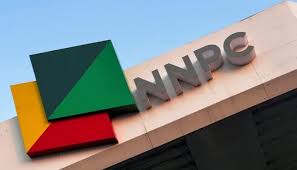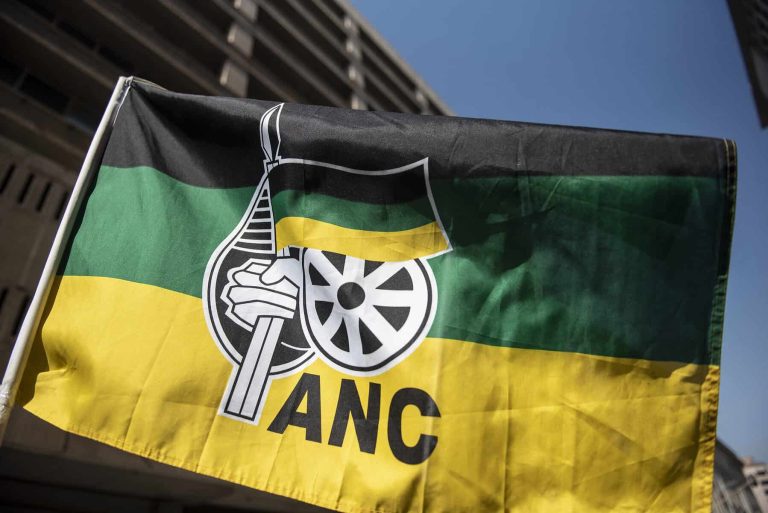
The Presidency says that it is considering a restructure of asset ownership in the Nigerian National Petroleum Company Limited to increase dwindling crude oil production.
The Special Adviser to the President on Energy, Olu Verheijen, made this known at the ongoing Nigerian Association of Petroleum Explorationists (NAPE) Conference in Lagos.
She stressed that achieving the 3-million-barrel daily oil production goal requires performance-based stewardship even as she questioned NNPC’s capacity to deliver incremental growth.
The development comes amid concerns over low oil production. Crude oil production hovered around 1.3- 1.5 million barrels per day in the last two years, according to data from the Organization of the Petroleum Exporting Countries (OPEC).
Verheijen noted that restructuring the national oil company will revitalise Nigeria’s oil and gas sector and ensure energy security and sustainable development.
She revealed that the NNPC E&P Limited produces just 220,000 barrels a day, about 10 per cent of the national output.
Verheijen expressed doubts that the NNPCL can fund and execute the drilling campaigns needed to increase production.
According to her, unlike in the era of international oil companies onshore, the current joint venture partners can no longer carry the NNPCL, asking if the state-owned firm can deliver the incremental growth needed on its sole balance sheet.
If not, the special adviser said the country must have the courage to restructure asset ownership and invite those who can deliver credible operators in the technical capacity, the financial depth, and the governance discipline, saying revitalisation requires performance-based stewardship, not sentiment.
She outlined a broader framework she calls the ‘four R’s’ reserves, revenues, reliability, and responsibility as the yardstick for Nigeria’s energy sector.
On reserves, she said, “Rebuilding the opportunity set. Exploration is not a PowerPoint slide. It is a risky business. But risk has a price, and clarity is the discount. Since 2023, under President Tinubu’s leadership, Nigeria has worked to restore that clarity.”
She stressed the need for Nigeria to act fast to attract investment, saying the world is not standing still, and the countries will not wait for one another to catch up.
“For us in Nigeria, we must do more and move faster to attract exploration and production investment. And our investors have never been so spoiled for choice. The decisions they take will depend on clear, hard-headed assessments of where they can most easily deploy capital and achieve the best returns,” she stated.
She added that the Tinubu administration had prioritised reforms that make Nigeria a destination of choice for investments.
She further highlighted revenue generation and domestic value creation. According to her, in just 18 months, the current government had unlocked over $8bn in final investment decisions through Ubeta, Bonga North, and HI.



